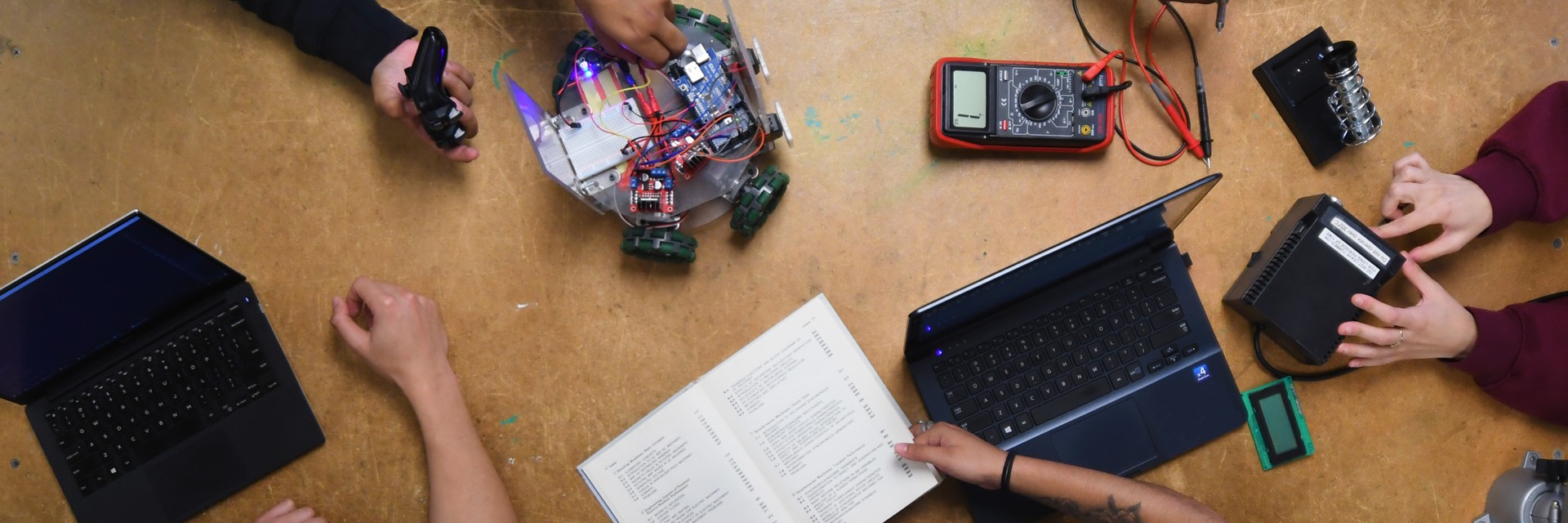NCEES Fundamentals of Engineering (FE) Examination
Mechanical Exam Specifications
Effective July 2020
- The FE examination is comprised of 110 questions spanning a variety of mechanical engineering topics. Specific topics may be found below.
- The examination is 6 hours long and includes approximately 35 minutes for an introductory tutorial and for one scheduled break. Learn more at the NCEES YouTube channel.
- The exam is computer-based and administered year-round by NCEES-approved Pearson VUE test centers. Use this link to locate the nearest test center.
- Register for an FE exam by logging into your MyNCEES account and following the onscreen instructions.
- There is a $175 exam fee.
- The FE examination uses both the International System of Units (SI) and the US Customary System (USCS).
- The only reference material allowed during the exam is the NCEES FE Reference Handbook, which will be provided to you in an electronic format during the exam (tip: practice using it before the exam so you are familiar with searching and locating information quickly). The handbook may be purchased in hard copy, or a free electronic copy may be downloaded after logging into your MyNCEES account.
- Anyone preparing to take the FE is encouraged to download and review the NCEES Examinee Guide. This document contains all that you need to know in prep for the exam (testing environment, proper identification needed, items allowed in the testing room, approved calculators, special accommodations, etc.).
Exam Specifics (Effective July 2020)
There are110 questions covering 14 topic areas.
A detailed breakdown of the subjects within each topic area may be found here.
- Mathematics
- Probability and Statistics
- Ethics and Professional Practice
- Engineering Economics
- Electricity and Magnetism
- Statics
- Dynamics, Kinematics, and Vibrations
- Mechanics of Materials
- Material Properties and Processing
- Fluid Mechanics
- Thermodynamics
- Heat Transfer
- Measurements, Instrumentation, and Controls
- Mechanical Design and Analysis

